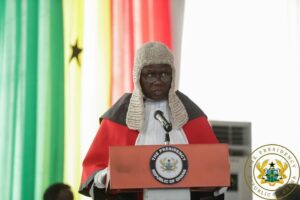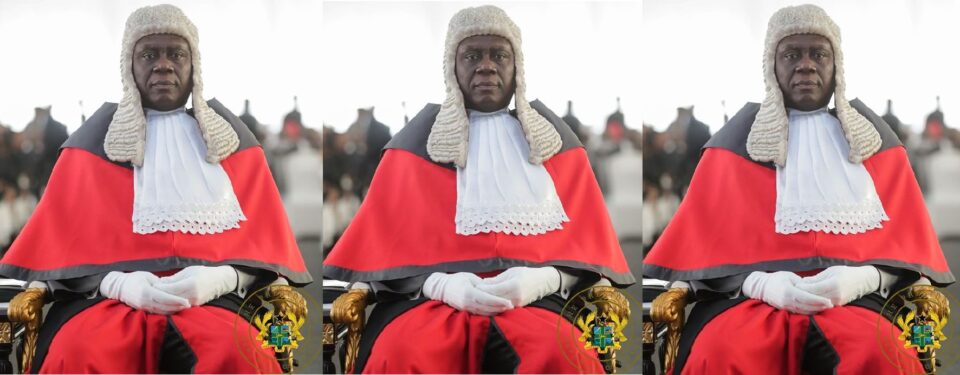The Supreme Court has dismissed the use of a birth certificate as proof of Ghanaian citizenship.
This was the unanimous position of the seven justices after they mulled over a suit brought by a private citizen, Mark Takyi Banson.
The plaintiff had wanted the Supreme Court to compel the Electoral Commission to accept a birth certificate as a sufficient identification for registering to obtain a new voter ID card ahead of the 2020 general elections.

But after dismissing this relief on June 25, the Supreme Court has now released its full judgement.
It explained that the birth certificate “is not a form of identification. It does not establish the identity of the bearer. Nor does it link the holder with the information on the certificate.”
But the judgement gets even more damning as the judges branded it as even “worse than the [National Health Insurance] NHI card.”
The use of the NHI cards as a ID for registering for a voter’s ID card was rejected by the Supreme Court back in 2016.
With the Supreme Court said the NHI card only identified the person by face and name but “makes no disclosure about the holder’s identification….and thus fails to meet the citizenship restriction test.”
With the court describing the birth certificate as worse than the NHI in proving citizenship, it raises serious questions about the work of the Birth and Death Registry.
While the Supreme Court rejects the birth certificate as proof of citizenship, the document is used by the Passport Office for granting a passport.
The Electoral Commission accepts the passport as proof of citizenship but not the birth certificate which is used to produce a passport.
But the comedy among the two state institutions gets worse. The National Identification Authority which issues the Ghana card, accepts a birth certificate as proof of citizen.
The EC accepts the Ghana card as proof of citizenship but not the document which the NIA used to grant the Ghana card.
Ghana has a population of 30.2 million with 16.6m qualified to vote. But the citizenship question continues to be a controversial subject despite the Supreme Court judgment.


